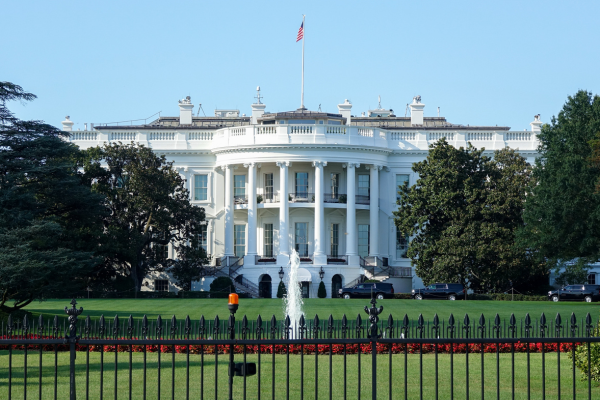Donald Trump’s return to the White House and the resulting policy shifts will create a complex landscape for global food and agricultural trade, according to a new report by food and agribusiness banking specialist Rabobank.
In the report Trump 2.0: Impacts on global food and agriculture, Rabobank says the implications of these changes include potential disruptions to established trade relationships, shifts in export demand, and rising costs for consumers and businesses alike – highlighting the delicate balance that will shape inflation, consumer behaviour, and international trade dynamics going forward.
At a macro level, the report says, Trumps return to the White House with a Republican majority signals a shift toward tax cuts, deregulation, high defence spending and tariffs, likely leading to higher inflation, slower gross domestic product growth, and increased budget deficits.
“Trump has repeatedly talked about a 10% to 20% universal tariff, possibly a 60% tariff on Chinese imports and even 100% on Chinese electric vehicles imported from Mexico,” the report says.

“We expect the increase in tariffs to lead to a rebound in inflation and a slowdown in economic growth. The negative impact on growth could be mitigated by tax cuts and deregulation by a Republican Congress. However, this would increase the budget deficit and reinforce inflation, especially in combination with reduced immigration. For the Fed, this means a pause in the rate-cutting cycle is likely in 2025.”
The report says, US consumers and food companies will also face significant change.
“Inflation will pressure consumers to seek value, with an emphasis on private label products, affordable luxuries and occasional dining out,” the report says.
“For consumer food companies, rising food costs may cause margin pressure. Companies will further invest in efficiency, favour US supply in their product mix, cut costs and consolidate, while focusing on innovation and strategic partnerships to stay competitive.”
US & Oceania
Looking specifically at the impacts of second Trump presidency on US and Oceania trade, the report says Australian and New Zealand agriculture could face several impacts.
“A stronger US dollar and decreased US competitiveness in global markets would be a positive for Australian and New Zealand grain, oilseed, dairy and beef exports, particularly in the Asian wheat and dairy markets and global beef trade,” the report says.
“However, increased US import tariffs on countries with large trade surpluses to the US, such as Indonesia, Vietnam, South Korea, Japan and China create negative economic pressure on those exporters because they rely heavily on exporting to the US. This economic strain could lead to reduced spending power and lower Asian demand for Australian and New Zealand imports.
“Geopolitical shifts might also pressure Australia and New Zealand to align more closely with the US, potentially jeopardising exports to China. Therefore, the agribusiness sector in Australia and New Zealand should focus on profitability drivers, optimisation, and diversification of products and markets to navigate change.”
